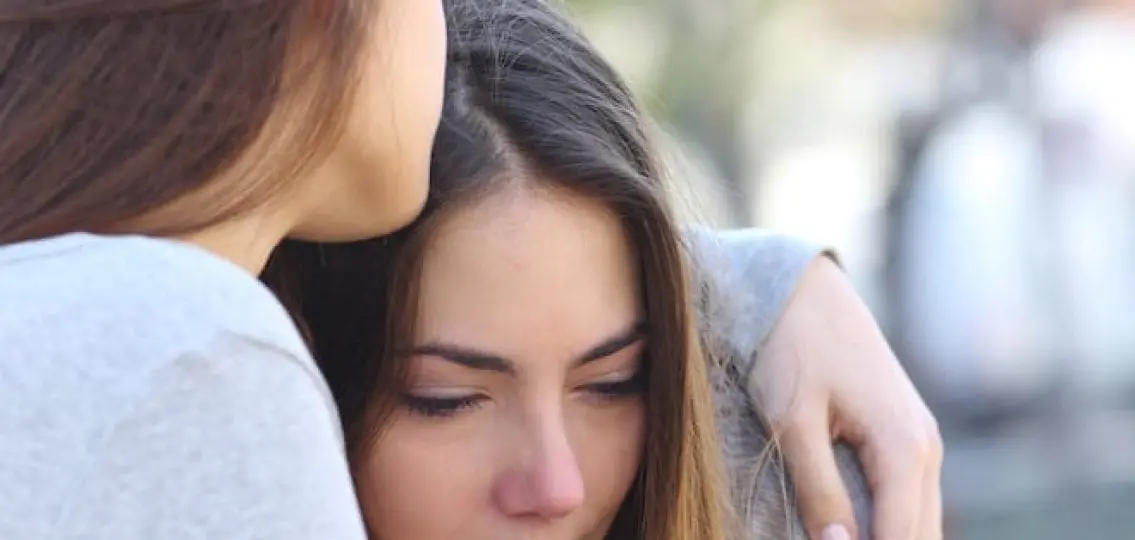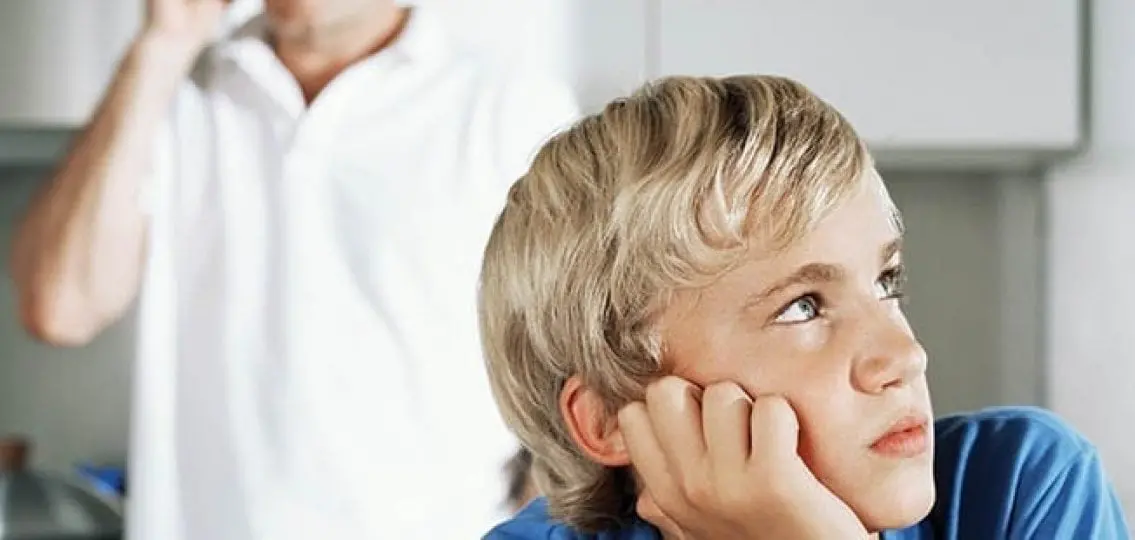Helping Your Teen Heal from Pandemic Trauma with Dr. Karol Darsa
When 17-year-old Zoe Yarbrough was a freshman, she had never discussed death with her parents. It didn’t feel necessary. Then she lost two close friends within six months of each other—the first to suicide and the second to cancer.

“When my friends died, my parents didn’t know how to support me, or even how to talk about it with me,” she says. “It was a completely new experience for all of us.” To complicate matters, neither of Zoe’s friends attended her school, so she felt completely alone in her grief.
The Problem
From suicides and school shootings to the passing of grandparents or loved ones, death affects all of us, kids included. Even ordinary activities like getting a driver’s license or state identification card, for example, require a teen to make the end-of-life decision of whether to become an organ and tissue donor.
Unfortunately, few Americans talk about death, at least not until they’re dying. So parents are often forced into these conversations from the back door, after a tragic loss. “Yet, there’s this longing among young people to connect with death,” says Jeanne Denney, M.S., a psychotherapist and death educator in Wisconsin.
Teenagers often want to discuss and ask questions about death, but they recognize that it can be a taboo subject, even with (or maybe especially with) parents.
The Antidote
Death-related conversations and grief education don’t have to wait until someone dies. Fostering a culture that openly discusses death—what it looks like, how it works, and what we really want to happen when it’s our turn—will help all of us, according to Dawn Gross, M.D., a palliative care physician and host of the “Dying to Talk” radio show.
“That national conversation begins with our kids,” she says. “Kids are not born afraid of death. We teach that to them.” With her colleague Jessica Zitter, M.D., Gross developed “Death Ed” to bring discussions about death and dying into high school classrooms, including Zoe’s.
“Death Ed came at an important time for me,” says Zoe, who participated in the curriculum just one month after her first friend died. “It created an environment where it was okay to talk about what I was feeling.”
How to Start the Conversation about Death:
Inspired by the surprising concept of death education, Your Teen asked the experts for strategies to discuss death with teens in an accessible way.
1. Normalize death for yourself.
Get comfortable talking to teens about death, even when there’s no loss, suggests Amy Raskind, M.A., a licensed school counselor in Connecticut. There are plenty of tools, from worksheets and advanced-directive documents to books like When Breath Becomes Air, The Bright Hour, and You Can Stop Humming Now that can help you uncover what you desire in your final days. The idea isn’t to do these activities with your kids—unless they’re interested—but instead to help you become more comfortable discussing your own mortality.
2. Look for an opening.
Whether you’re hearing a news report of yet another school shooting or learning about a friend or loved one’s terminal diagnosis, take advantage of the opportunity to engage in conversations with your teen about death and dying. “When you share your own emotions around these incidents, especially if you use their language, you give your child permission to open up,” says Raskin. Don’t be afraid to say, “It sucks. It’s painful.”
3. Watch movies.
From Big Fish to Avengers: Endgame, many movies address death and loss in a powerful, even inspired way. “It’s almost impossible to find a film that does not involve death,” says Gross, who cites Pixar’s Toy Story 3 and the Harry Potter franchise as among the most charged when it comes to explicitly addressing loss and grief. Teens feel sad watching these films because they care about the characters—and that opens a doorway to conversation. Ask how they would have handled the situation or what was most difficult to watch.
4. Develop rituals.
Wakes and funerals may be helpful rituals for some, but these are not the only ways to process death. Think about ways you can memorialize people who have died. “It’s important for kids to understand that even after you die, you can have a lasting effect on the people you leave behind,” says Denney. Teens don’t always want to talk about their deep feelings, but they might be inspired to share their grief through activities — participating in a walk to honor a lost loved one, creating a scrapbook of photos and keepsakes, or adopting a tradition that’s specific to their friend or loved one.
An Inspired Discussion
It’s understandable for parents to think death conversations are too dark or scary for their teens, but the consequences of not discussing it are far greater. “Kids who encounter a death without any discussion or education may imprint the experience as a trauma,” says Denney. The kids who do best have an outlet, she says, and as their parent, you can model that for them.
“I think it’s really helpful when parents open up,” adds Zoe. “I know my dad had a significant premature loss in his life. So maybe he could have offered me some advice and reassurance based on his experience.”

Death is part of life, so it’s not a “one-and-done” discussion. It’s an ongoing dialogue where you share with your children what matters most to you—and give them the opportunity to do the same. “It all circles back to empowering teens, giving them the tools they need, and teaching them how to communicate,” says Gross.




